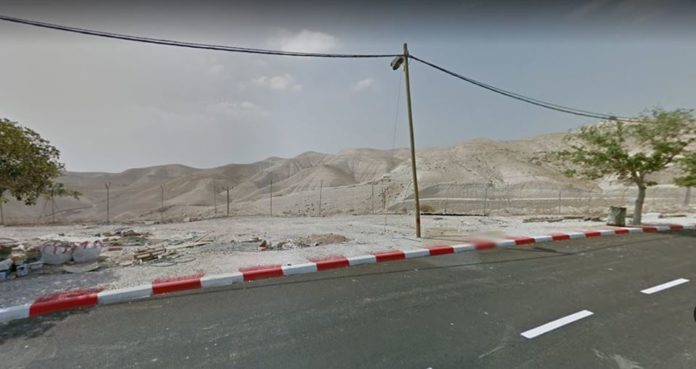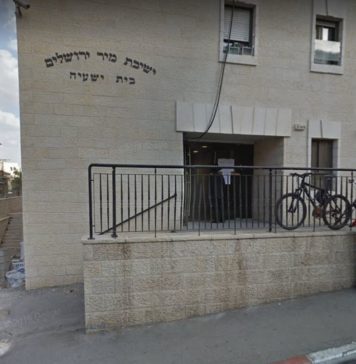Avrumi Zeivald was prepared to meet his maker. Or at least a maker. Someone’s, even if not his.
The Torah, the Rabbis had assured him, came with a lifetime guarantee. It was guaranteed to be true, or he’d be eligible for a full refund. The problem was, that as Avrumi’s soul prepared to expire, the warranty prepared to do so as well. Which opened up to a host of alternate scenarios in which other creators played a leading role.
He lay in his hospital bed at the top of the hill. The most beautiful view he could think of, the most beautiful view he knew. Sparse desolate desert stretched out before him, with the occasional shrub holding on to life for dear life. It was beautiful, in a sparse, desolate kind of way that reminded you just how empty life was. It was enough to make you cry from laughter at the meaninglessness of it all.
Lying in the hospital bed, surrounded by friends and family. 12 of his 14 kids had made it (Chaya Sarah was in the process of giving birth, Shmerkel hadn’t spoken to him in years). 36 of his 62 grandchildren. Many of the local villagers were there as well. He appreciated the gesture. They were performing their civic duty. He neither felt close to them, nor distant. They just were. Part of life, in a village, in a desolate desert.
He always knew he’d die from cancer. It was a feeling he had; and anyway, it seemed like everyone these days was dying of cancer. The doctors suggested chemo and radiation to buy him some time: six months, maybe a year. The thought of getting treatment didn’t even cross his mind. Life wasn’t terrible, but it wasn’t that great. Leave the meds and the hospital bed for someone who actually wanted to stick around.
He was religious, but he was his own kind of religious. God was there, but in 40,000 feet above kind of way. Like a corporate vision that didn’t quite translate into day to day company operations. He got himself some of those popular posters of sexy Rabbi heros to hang up on his wall. A mural of 80 year old Rav Shach in a speedo on the beach adorned his sukkah walls every year. The art was not great, as most Orthodox art wasn’t, but it got the point across with a brute, uncreative rawness. He liked the picture, and followed it up with one of Rav Fisher in a mankini, long white beard flowing in the wind, straps strategically hiding his sagging old-man nipples.
“Who will merit to walk the path of life?” The verse asks. “He who beholds the Rabbis.” Avrumi had the photos made into little wallet-sized versions, and carried them around wherever he went. That way, whenever he was buying some kugel or rain boots or Tzedakah points, he was reminded of the Rabbis who reminded him of God who reminded him of the lifetime guarantee and the pointlessness of it all. It made him feel better.
He looked around at the crowd. This was exactly how he’d wanted to go. The Rabbi from the Ministry of Lifecycle Events was there to sign the Premature Death certificate. The hooker was there, to give him his one last blow job. He couldn’t ask for a better sendoff. The nurse handed him his pills, a combination of LSD and MDMA. At 100 times the recommended dosage, he was guaranteed to have a stroke. What better way to go than administering so much dopamine to the brain that it short-circuited itself? He couldn’t think of any.
He popped the pills, and, as the Yeshiva Boys Choir Psychedlc Pesach album began to play, he sank deeper into the bed. He took a big, shuddering inhale and let it out slowly, feeling the weight of it all – the indecisiveness, the lack of clarity, the mundane and the sacred – all if it just melting away. He took a final look at Rav Shach in the speedo and Rav Fisher in his mankini. He’d be meeting them soon enough, apparently. The officiating Rabbi helped him say the final prayer (“Blessed art Thou, God, who has given us life and sustained us until this time”). The hooker tucked her heads beneath the sheets and went to work.
Avrumi closed his eyes one last time. There would be no need for a refund.













